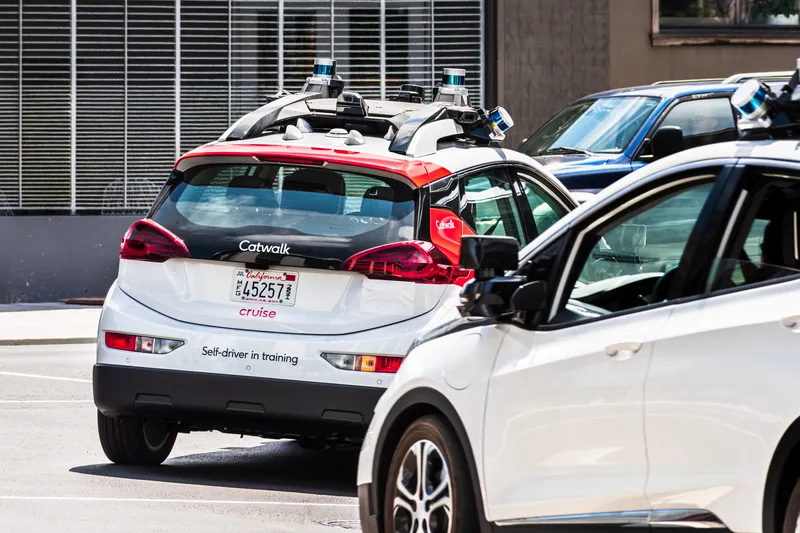
Driverless car operator Cruise has accepted the conclusions and recommendations of a law firm's report into its response to a traffic incident on 2 October 2023, when one of its AVs dragged a female pedestrian 20 feet before coming to a stop.
The woman had been hit by another car, and was knocked into the path of the Cruise AV.
Cruise, a subsidiary of General Motors, retained law firm Quinn Emanuel Urquhart & Sullivan to conduct a review into the collision itself and Cruise’s subsequent interactions with regulators and the media.
In a statement, Cruise says: "We acknowledge that we have failed to live up to the justifiable expectations of regulators and the communities we serve. In doing so, we also fell woefully short of our own expectations. We are profoundly remorseful both for the injuries to the pedestrian, as well as for breaching the trust of our regulators, the media, and the public."
Quinn Emanuel makes clear that: "The evidence reviewed to date does not establish that Cruise leadership or employees sought to intentionally mislead or hide from regulators the details of the October 2 accident."
However, it is critical of Cruise's response in the immediate aftermath of the collision.
Cruise played - or attempted to play - a video in various meetings with regulators which showed the AV pulling forward after the impact, resulting in the pedestrian being dragged for 20 feet.
But the report says Cruise "did not verbally point out these facts to regulators or government officials in its meetings, despite video transmission issues that impeded or prevented regulators from seeing the pullover maneuver and pedestrian dragging".
Cruise also did not immediately update information as the full facts emerged, Quinn Emanuel found. The firm "continued instead to share incomplete facts and video about the accident with the media and the public".
Quinn Emanuel adds: "The reasons for Cruise’s failings in this instance are numerous: poor leadership, mistakes in judgment, lack of coordination, an 'us versus them' mentality with regulators, and a fundamental misapprehension of Cruise’s obligations of accountability and transparency to the government and the public. Cruise must take decisive steps to address these issues in order to restore trust and credibility."
Cruise says: "We are focused on advancing our technology and earning back public trust."
It adds that it is fully cooperating with the state and federal regulatory and enforcement agencies which have opened investigations or inquiries in connection with the incident, including the California DMV, the California Public Utilities Commission, the National Highway Traffic Safety Administration, the US Department of Justice and the US Securities and Exchange Commission.
Click here to read the full post by Cruise.








